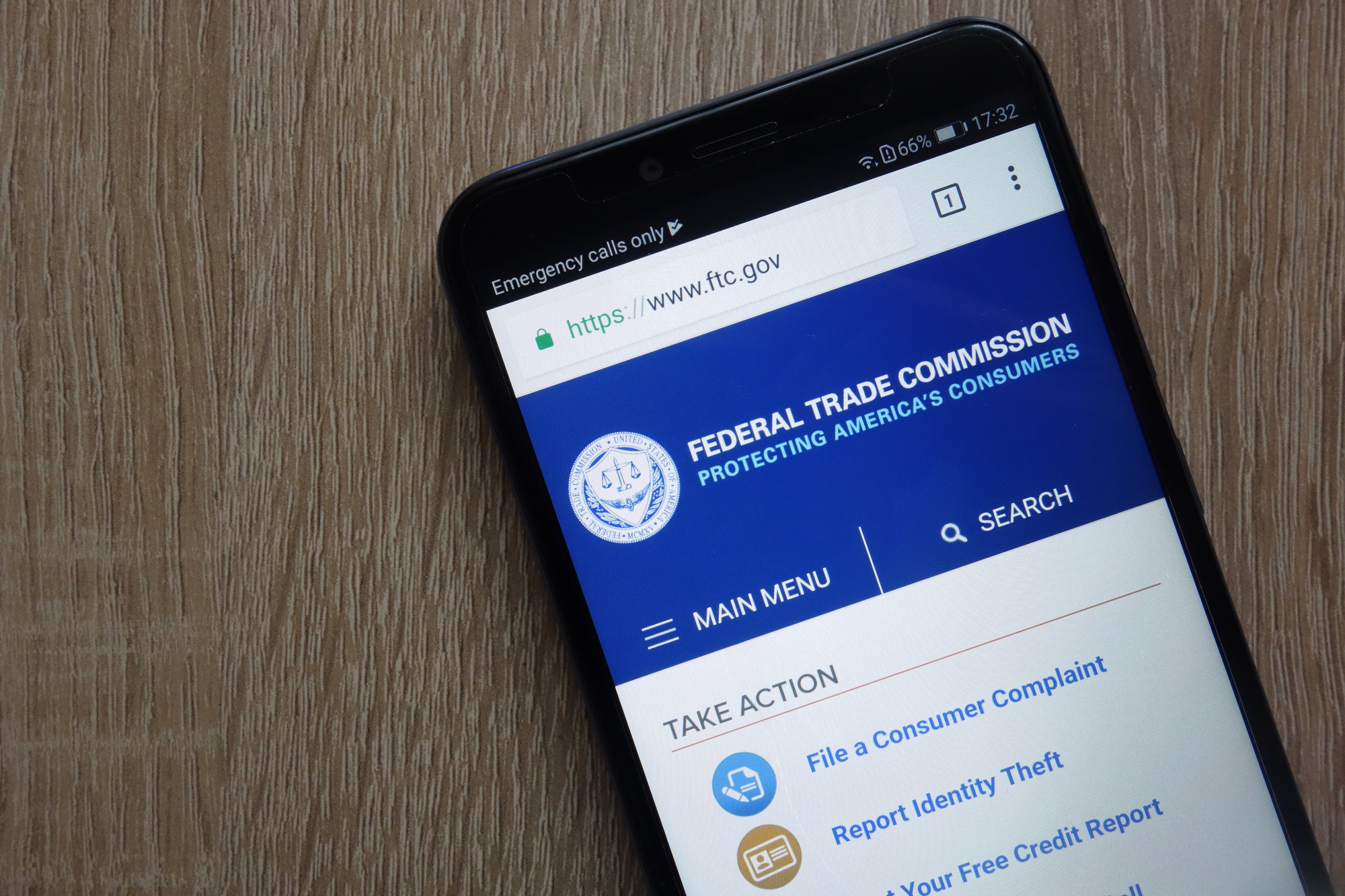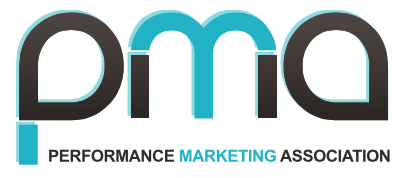
Changes to the Telemarketing Sales Rule (TSR): What You Need to Know
The Federal Trade Commission (FTC) has recently announced significant amendments to the Telemarketing Sales Rule (TSR), which came into effect in March 2024. These updates reflect the FTC’s ongoing efforts to combat fraudulent and abusive telemarketing practices while providing stronger protections for consumers and adapting to changes in the telemarketing landscape. Below, we delve into the key aspects of these revisions and discuss their implications for businesses engaged in telemarketing activities.
Record Retention Requirement
One of the most notable changes in the TSR revisions is the expansion of record retention requirements. Sellers and telemarketers are now mandated to maintain records for a longer period—five years instead of the previous 24 months. This includes detailed records of prerecorded messages, call campaigns, established business relationships with consumers, and previous donor information for charitable organizations.
The extension of the record retention period underscores the importance of meticulous record-keeping practices. Businesses must ensure they have comprehensive documentation of their telemarketing transactions to demonstrate compliance with the TSR. Failure to meet these requirements could result in significant penalties, making it imperative for businesses to prioritize adherence to these new regulations.
According to John Henson (tcpaworld.com), “the record must contain:
1. the name and telephone number of the person providing consent;
2. a copy of the request for consent in the same manner and format in which it was presented to the person providing consent;
3. the purpose for which consent is requested and given;
4. a copy of the consent provided;
5. the date consent was given; and
6. documentation specific to consent around billing information required by other sections of the TSR.”
Application To Business-to-Business (B2B) Telemarketing
Another significant aspect of the TSR revisions is the narrowing of the B2B exemption. While B2B calls were previously exempt from many TSR provisions, the updated rules now impose restrictions on material misrepresentations and false or misleading statements in B2B telemarketing calls related to the sale of goods or services and charitable donations. Businesses engaged in B2B telemarketing must now ensure their practices align with the TSR’s prohibitions to avoid potential violations and penalties. While the recordkeeping requirements and DNC fee access provisions do not apply to B2B calls, businesses should still prioritize compliance with the revised regulations to mitigate regulatory risks.
“Previous Donor” Definition
The definition of “previous donor” has been clarified in the latest TSR revisions, providing clarity on charity robocall exemptions. According to the new definition, a previous donor is someone who has made a charitable contribution to a specific charitable organization within the two-year period preceding the telemarketing call soliciting on behalf of that organization.
This clarification underscores the importance of understanding the criteria for permissible charity robocalls and ensuring compliance with the defined parameters. Businesses involved in charitable telemarketing must be mindful of these guidelines to avoid running afoul of the regulations.
Effective and Compliance Dates
The revisions to the TSR are set to take effect 30 days after publication in the federal register, with businesses required to achieve compliance within 180 days thereafter. This timeline emphasizes the need for prompt action and proactive measures to update telemarketing practices and ensure adherence to the revised regulations.
The revisions to the Telemarketing Sales Rule bring significant changes that businesses must adapt to. By understanding these updates and proactively adjusting practices to comply with the new regulations, businesses can mitigate risks, uphold ethical standards, and maintain consumer trust. Embracing these changes is essential for navigating the evolving regulatory landscape and safeguarding brand reputation. Consulting legal counsel or regulatory experts can provide valuable guidance in ensuring compliance with the revised TSR.
The information on this page, and related links, is provided for general education purposes only and is not legal advice.
Written by Gayla Huber, President, IntegriShield
Research provided by Jonathan Murphy, IntegriShield
Integrishield.com

 Follow
Follow